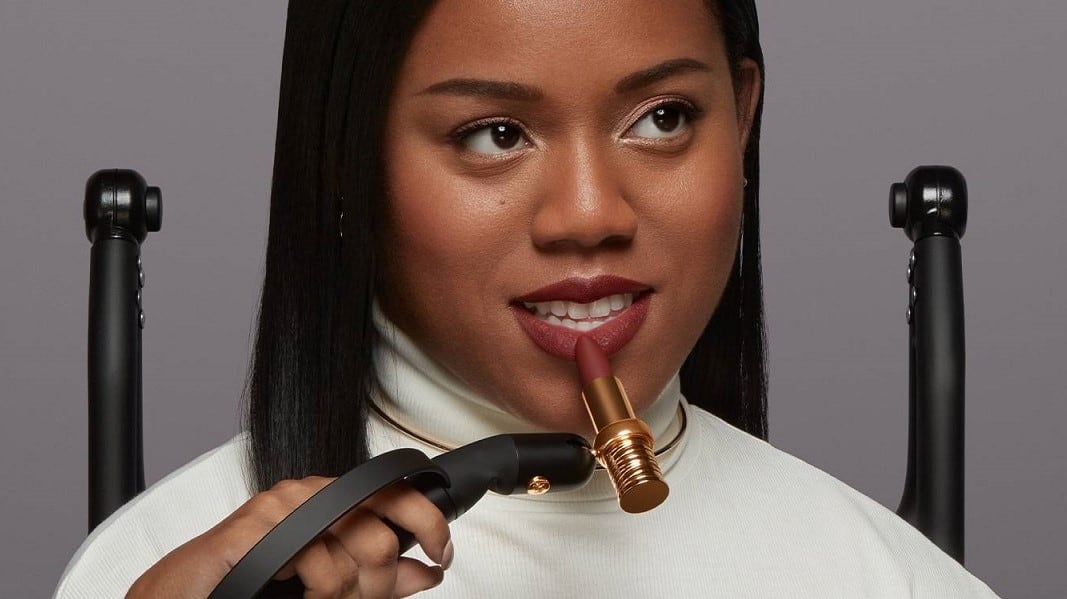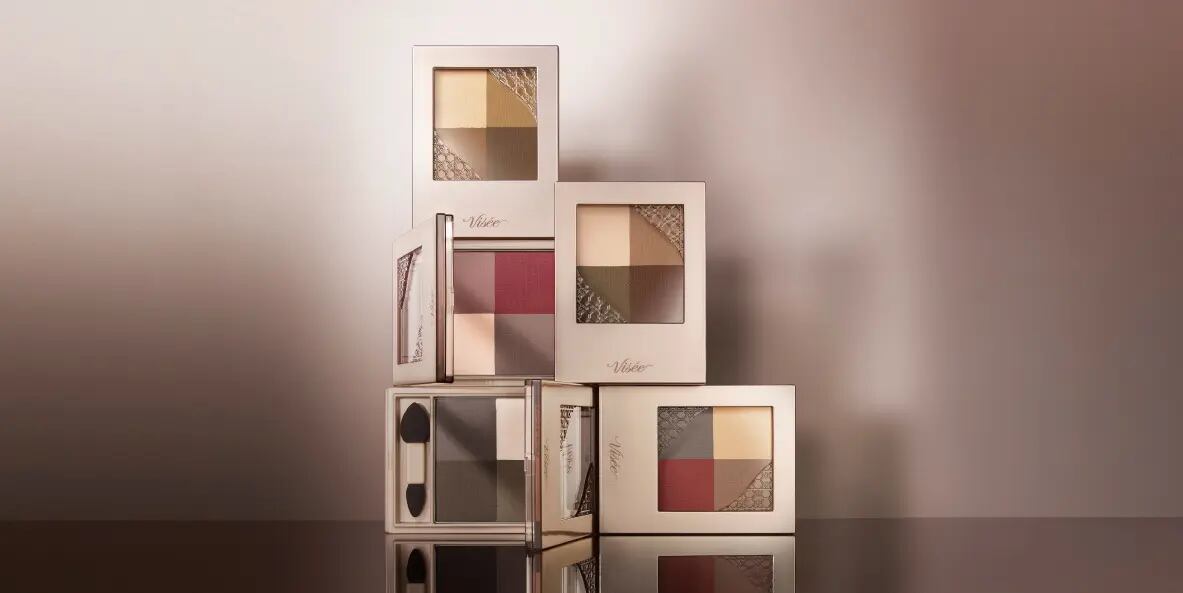In January, the French beauty major unveiled two new prototypes: HAPTA, a computerised makeup applicator designed for people with limited hand and arm mobility; and L’Oréal Brow Magic, an electronic eyebrow make-up applicator that can give users a personalised look at home.
These innovations were developed in line with the consumer demand for more inclusive and accessible beauty.
L’Oréal said it was aiming to debut both devices in the US this year and was aiming to roll out the launch in the diverse APAC region, where appeals for inclusivity in beauty are rising.
“In the APAC region, inclusivity is gaining more and more attention and awareness across the different markets, both from consumers and businesses,” said Guive Balooch, L’Oréal Global Head of Research and Innovation’s Tech Incubator.
As such, it has become imperative to consider inclusivity and accessibility when developing new products.
“The public increasingly voices its demands for inclusivity, and we see it as a strategic priority when making key business decisions,” said Balooch.
This movement was also driving the need for customisation and personalisation.
“Society is evolving, and more skin tones and diversity means more people are expecting personalised offers for them,” said Balooch.
The key to meeting these demands, said Balooh, lies in technology. “We want to tailor products to be inclusive always and one of the biggest ways to achieve this is through technology.”
He continued: “In order to help people achieve their beauty desires, we use technology, which is squarely rooted in inclusivity, as well as performance and sustainability. Anyone anywhere should have access to our products, devices and experiences, which should be inclusive, have exceptional performance and be better for the world.
In addition to HAPTA and Brow Magic, Balooh highlighted Rouge Sur Mesure by Yves Saint Laurent Beauté, a personalised lip colour device, as an excellent example of tech-enabled personalisation to meet diverse needs.
“The capability of this product produces a customised experience in the comfort of one’s own home. We regard this as a true game-changer.”
Balooch said that the firm was working on several “exciting” new innovations in this space that will continue to explore how the use of technology will advance the inclusive beauty movement.
“Inclusivity is only going to become more important as we develop new, dynamic technologies that enhance everything we do within beauty, from ensuring there’s enough foundation shades for everyone to offering the most personalised skincare products and services to meet the unique needs of our consumers.”
He teased that the firm was working on a project that would span skin and hair care.
“We are working to better understand how we can measure at-home the biology of our skin and how we can help people [from that biology] have more and more effective and efficient products for their skin and their hair.”





